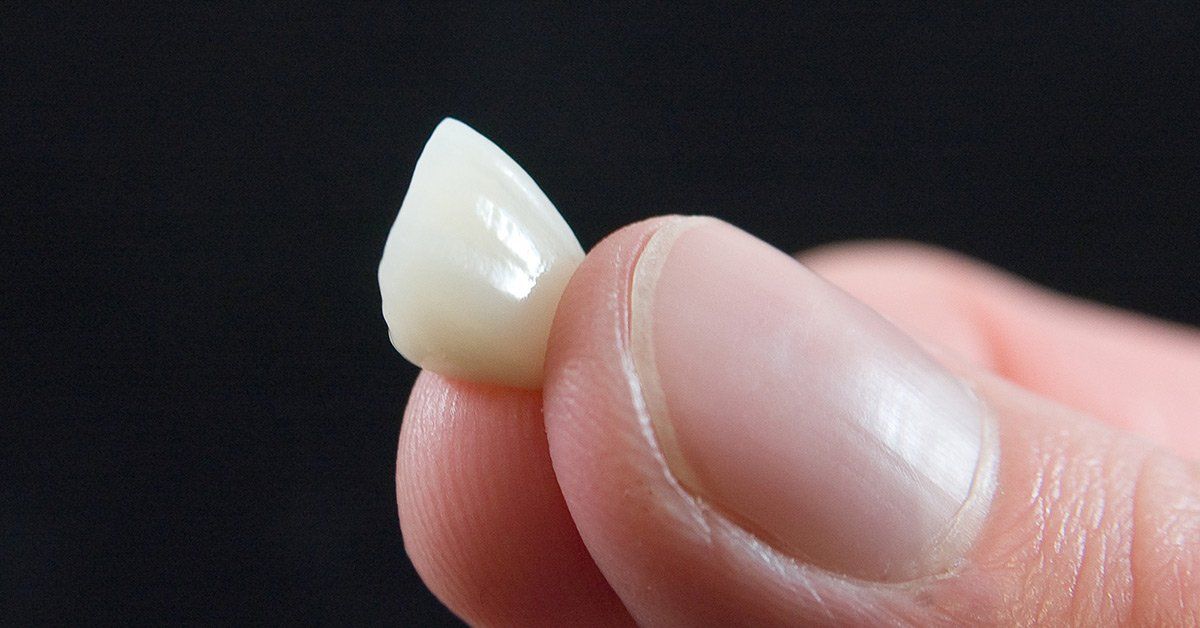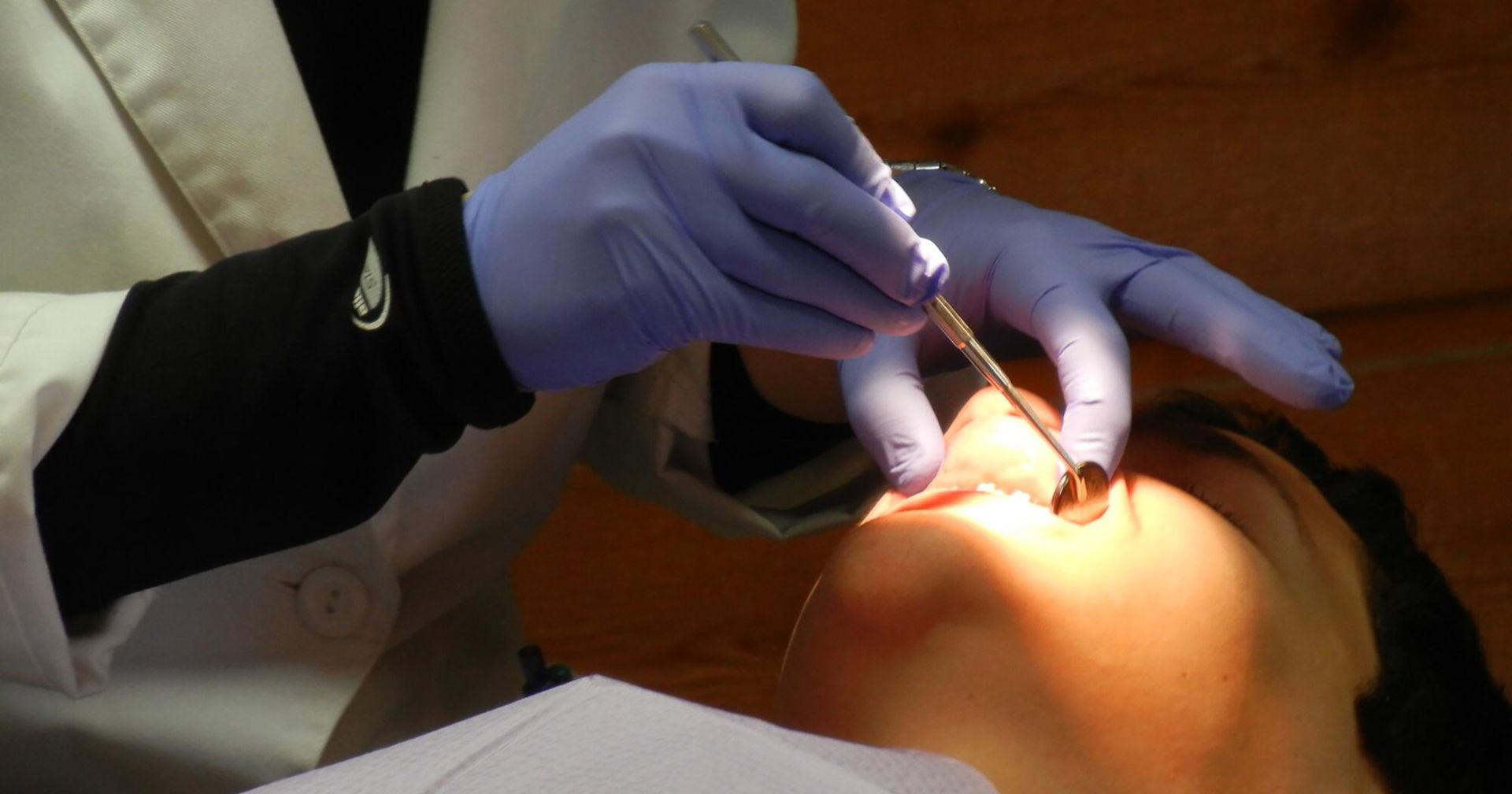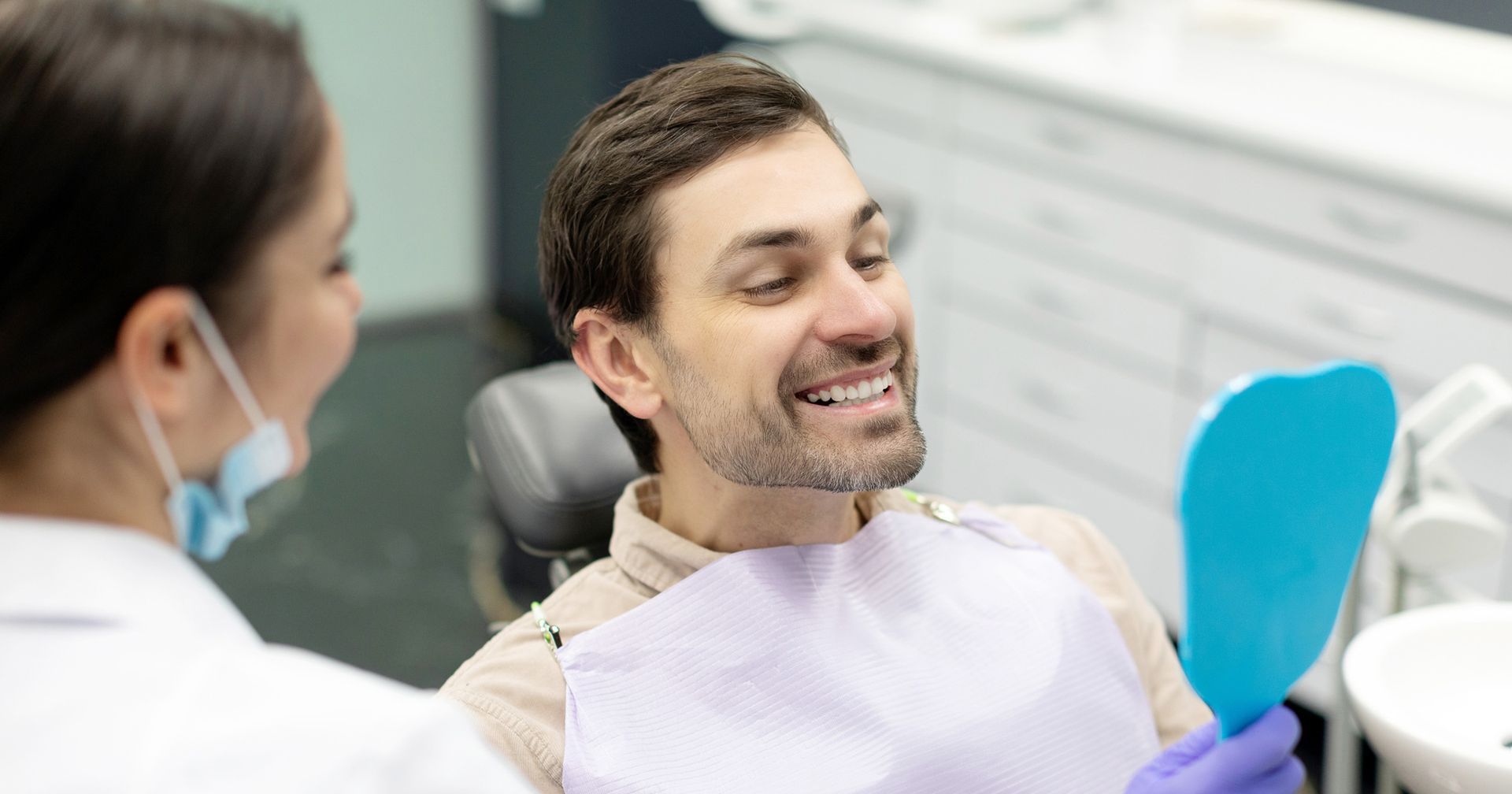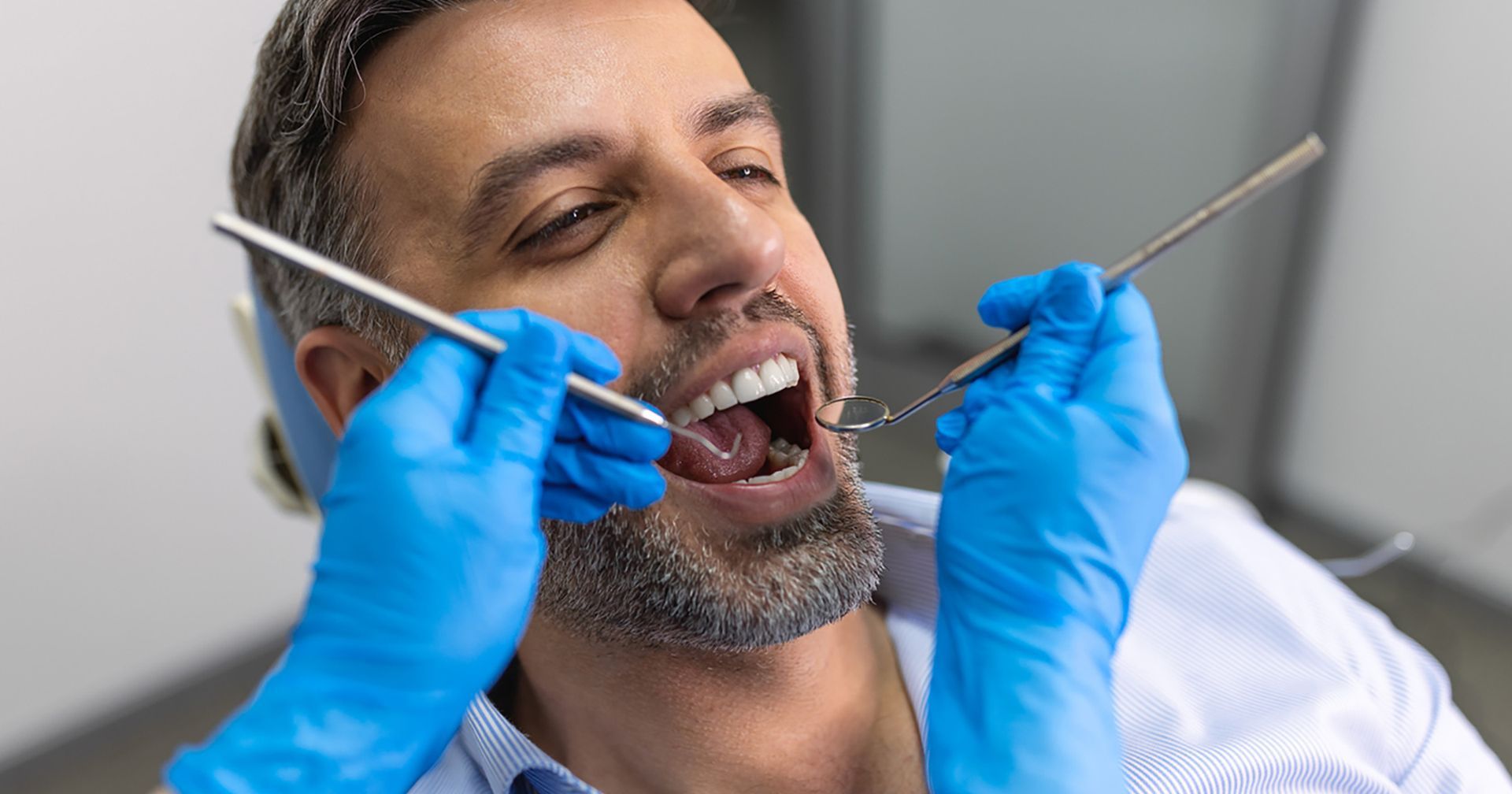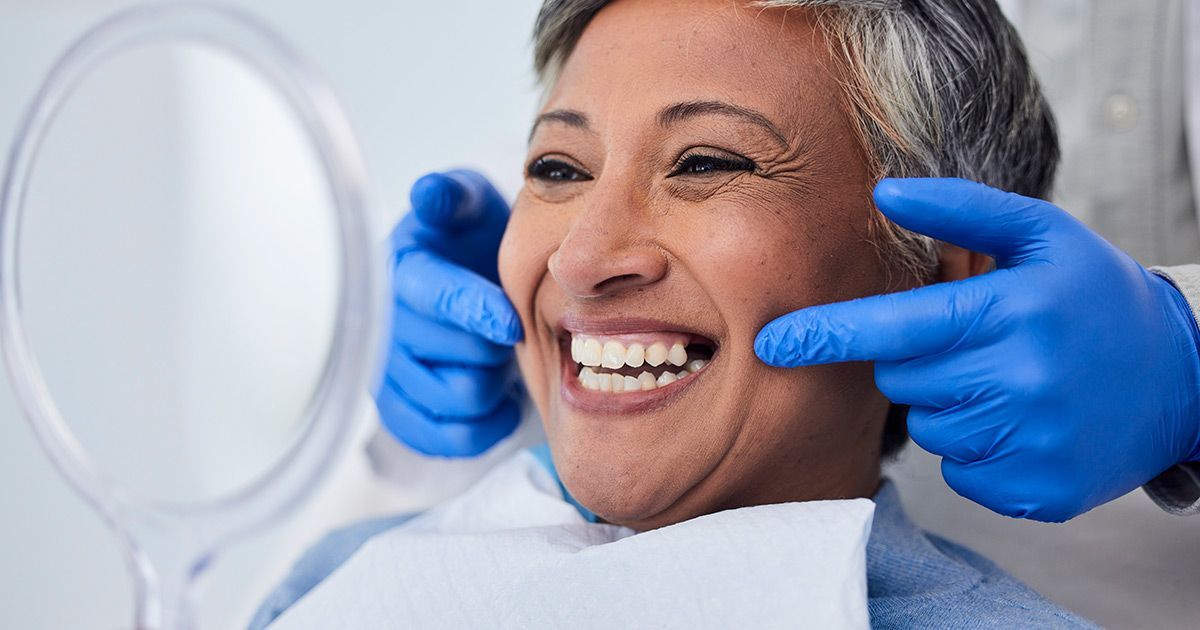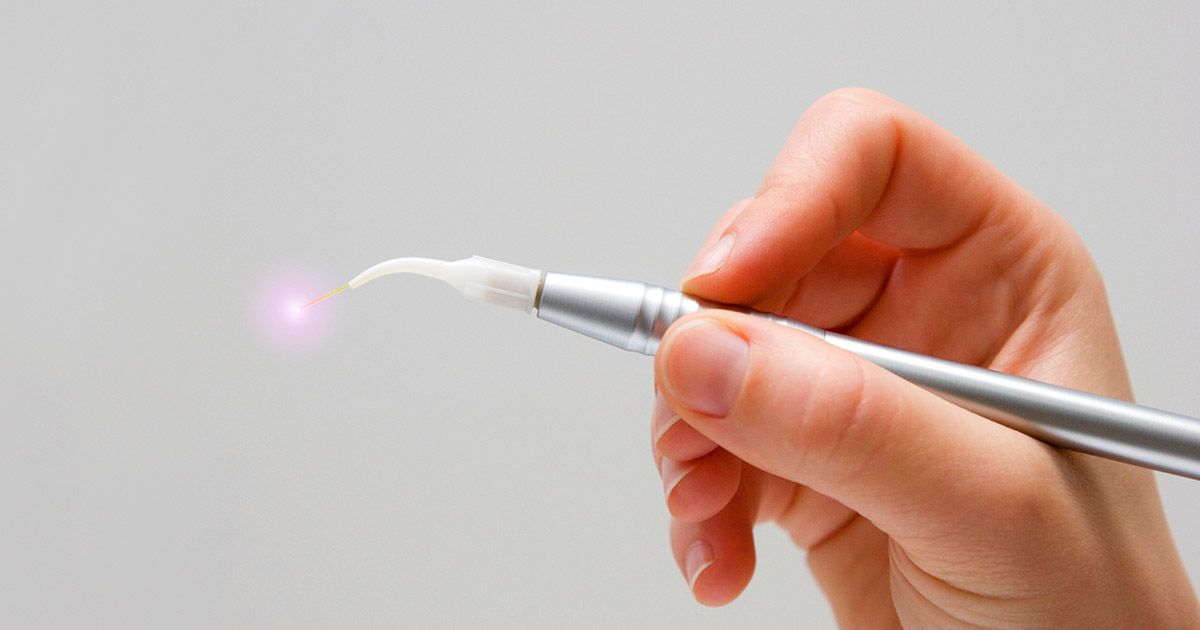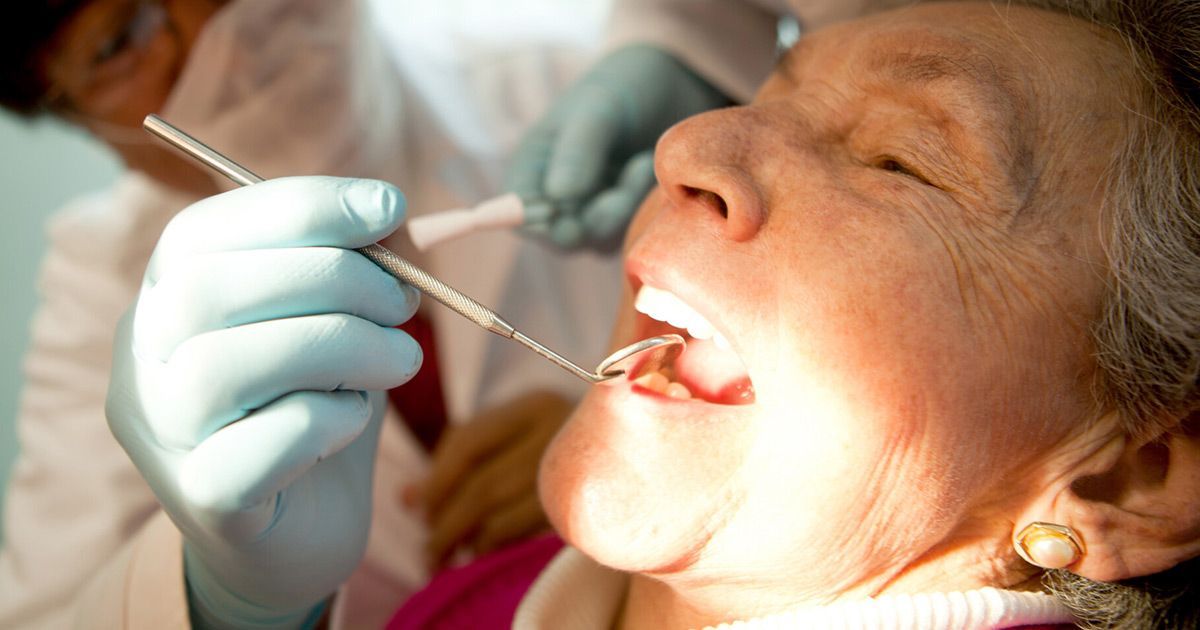Obviously, a wide variety of different factors and procedures go into teeth and dental hygiene. Here's what you need to know about dental crowns, whether you need a crown or are just curious about their uses.
Dental crowns are an essential component of the cosmetic dentistry industry. According to studies, nearly 23 million all porcelain crowns, ceramic crowns, and other types of crowns are made each year.
However, dental work isn't just for improving the look of your teeth. Whether you have broken teeth, damaged tooth, or a chipped crown, it's essential for repairing your oral health.
Many people who require dental procedures have suffered from severe oral issues. That's why a strict teeth and dental hygiene regimen is a necessity.
If you're interested in learning more about how a dental crown your dentist places can benefit you or how the crown fits or if your crown feels loose, just keep reading.
What Is a Dental Crown?
A dental crown is a cap that's designed to fit the shape of your tooth. It helps to restore the tooth's shape, durability, and appearance. Most people that require this procedure need to correct the following issues:
- A discolored tooth
- A chipped or broken tooth
- An unstable dental bridge
- An exposed dental implant
- A worn-down tooth
- A missing tooth
- Gum Disease near the gum line, affecting the gum tissue
Dental Crown Options
There are multiple types of dental crowns to choose from. The type that you receive depends on your needs or your preference, which include the following:
Temporary Crowns
As the name suggests, a temporary crown is only meant for a certain period of time. They're not as strong as permanent crowns, but they serve as an interim solution until your new crown is ready.
Temporaries are pre-formed shells made from plastic or metal that are customized to fit your teeth.
First, you'll select an artificial shell that fits you best. Then, the dentist will trim and shape it to your liking. Once that's complete, a temporary cement bonds it in place.
Onlay or 3/4 Crowns
These types are for when only a portion of the tooth is damaged, and the patient doesn't need a crown covering the entire tooth. If a full cap isn't required, the dentist might provide an onlay or a 3/4 crown. Before inserting it, the area is treated by removing decay and other damage.
Next, a color for the tooth is chosen and impressions are made. The impressions are then sent to the dental lab for customization. Once complete, the dentist will put them in.
One-Day Crown
Here, the crown placement is expedited, ensuring that patients receive their newly crowned tooth in a single visit. Usually, a crown takes a few days to get molded and shaped. However, you have the option to get it within a day.
For the one-day option, the dental office uses computer-generated technology to make the accurate shape, size, and mold of your tooth. A digital 3D image provides the dentist with precise measurements to pinpoint specific adjustments.
Once the final design is complete, a milling machine creates a replica of the design. It only takes a short time to finish the crown while you're in the office.
Types of Dental Crowns
Not only are there multiple types of crowns, but different materials can be used in the dental crown procedure, each with its pros and cons. Here are just a few:
Porcelain Crowns Infused With Metal: Essentially fused to metal crowns, they combine the aesthetics of porcelain with the strength of metal.
However, it works best in the back of your mouth because the metal portion shows through the porcelain and creates an unnatural color.
Composite Resin: Resin is fairly inexpensive. Unfortunately, it wears down quickly and it breaks easier than other material.
Metal: Known for their longevity, all-metal crowns consist of nickel, gold, palladium, or chromium. They are extremely durable and last long. They can also withstand a lot of biting and chewing.
However, the metallic color doesn't suit most people's taste because it doesn't look natural.
All-Ceramic or All-Porcelain Crowns : These are natural-looking crowns that fit the aesthetic needs of front teeth. Their color matches closely to natural teeth, making them a popular choice. They can be referred to as all ceramic crowns or all porcelain crown.
Since it looks more natural, porcelain and ceramic is more appropriate for the front of the mouth.
Pressed Ceramic: Pressed ceramic has a sturdy inner core and is capped with porcelain. Mixing the two materials together helps to give long-lasting durability while providing a natural tooth color.
Teeth and Dental Hygiene Tips After Crowns
Taking care of your crowned tooth is crucial. You don't want to end up with sensitive teeth or issues near the gum line after investing in a dental crown. Also, keep in mind the dental crowns cost and ensure you're getting the most from your investment.
Teeth cleaning before and after receiving dental crowns is basically the same technique, but there are few adjustments.
To ensure that you get long-lasting results, brush your teeth twice a day, floss every day, and be cautious of what you eat. Solids like hard candy or ice could damage your dental work. You should also be mindful of the following:
- Nuts
- Crunch Vegetables and Fruits
- Chewing Gum
- Sticky Candy
After your procedure, there are certain foods you should stay away from. Although it requires long-term care to maintain your results, you don't want to damage your crowns as soon as you get them.
Below are some foods you should avoid within the first few weeks after your procedure:
Cold Foods
Food like ice cream and popsicles make your mouth feel really sensitive. Of course, they won't cause damage, but they can make you feel uncomfortable. It's a good idea to avoid cold items after surgery.
Hot Foods
Hot items cause the area around crowns to feel sensitive as well. This is especially true if you had gum recession.
Again, you don't have to stay away from hot food and drinks forever, but give them a break after your dental procedure .
Sugary Foods
Sugary foods are not good for natural or artificial teeth. Excessive sugar can get underneath the crown and cause decay. Not only that, but some sweets are sticky, which can damage your dental work.
Therefore, limit these types of foods as much as possible.
Dental Crown FAQs
Individuals who require dental crowns usually have lots of questions. Here are some common FAQs:
How Long Do Dental Crowns Last?
They can last between 5 to 15 years, especially if you avoid hard foods that could lead to a loose crown or a broken crown.
What Is the Dental Crown Cost?
The dental crowns cost varies, with prices ranging from $700 to $1,500 or more depending on the type and where you live.
Are There Side Effects to Dental Crowns?
Yes, and they can vary from sensitive teeth after the procedure to issues where the crown covers the tooth near the gum causing discomfort.
Are There Alternatives to Dental Crowns?
Yes. If you're not a good candidate, another option is veneers. Also, if your gums are severely damaged, dentures are an alternative.
How Long Do Temporary Crowns Last?
They last no more than two to three weeks.
What's the Advantage of a One-day Crown?
In addition to how quickly they're made, they're extremely accurate. The computer technology helps the dentist create a perfect match.
What Makes an Onlay and 3/4 Crown Different?
Sometimes, only a portion of a tooth needs repairing. For instance, if a person has a large cavity, an onlay can cover it. Therefore, there's no need to cap the entire tooth.
Keep Your Smile Shining Bright
Your smile, whether brightened by braces in the past or enhanced by a dental cap now, deserves the best care. Make sure to follow all dental guidelines to ensure your crowns, whether they are ceramic crowns or any other type, stay in perfect shape.
If you're in the Columbia, MD area and need oral care services, Smile Savers Dentistry can help.
Our office provides emergency dental services, cosmetic dentistry, and more. If you have any questions, call us at 410 401-8863 or contact us on our website.
We're looking forward to improving your smile.


